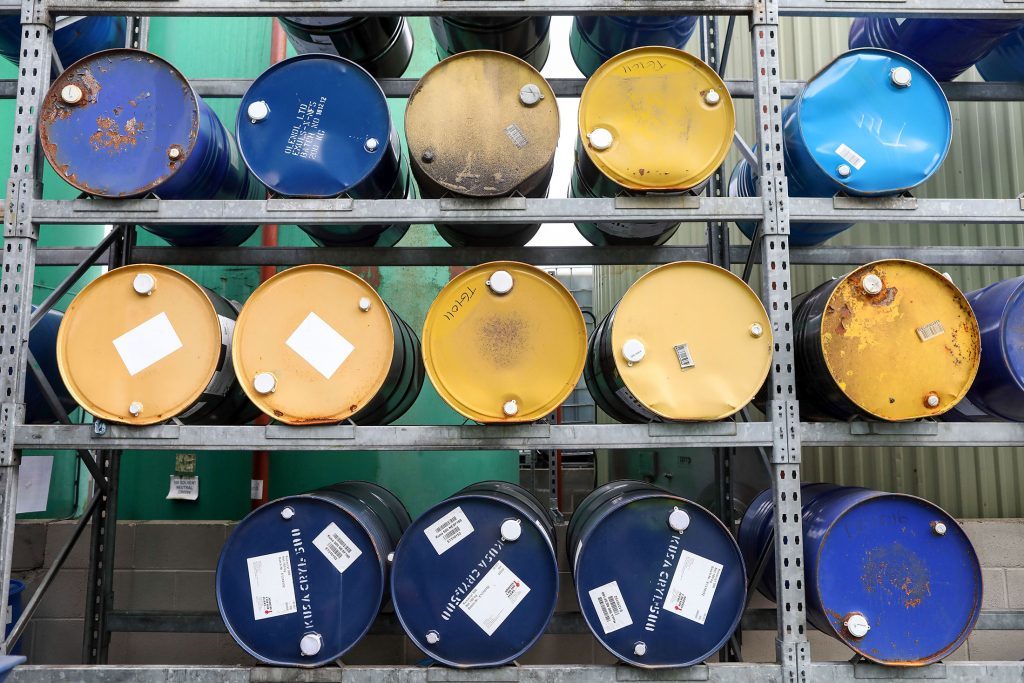
Oil rose as investors eyed a potential extension of record production curbs by OPEC+ while physical markets continued to show signs of tightness.
Futures in New York rose around 2.8%. Saudi Arabia favors keeping the curbs — which are set to start easing from July — in place for an extra one to three months, a delegate said. Any changes to the deal between the Organization of Petroleum Exporting Countries and allies will hinge on negotiations between Moscow and Riyadh, with Russia expected to make a decision on its OPEC+ position on Tuesday.
The market for real barrels of crude is showing renewed signs of strength too. The bearish structure in the nearest futures contracts has disappeared, signaling tighter supplies. Russian Urals crude was bid last week at the highest level since Bloomberg began compiling data, as the nation accelerates record output cuts.
The OPEC+ discussions are happening against what’s still a very uncertain demand backdrop. Tankers idling off the Chinese coast waiting to unload are evidence of the Asian giant’s rapid recovery but in other parts of the world the rebound is uneven.
There’s also the risk that as prices rise, shale drillers will bring supplies back online. Parsley Energy Inc. will bring back most of its curtailed output in early June, the company said in a presentation.
“Three months should be enough for now” to extend output cuts, said Hans van Cleef, senior energy economist at ABN Amro. “It will create time to see if the smoothing of the lockdown will increase demand and not trigger new lockdowns.”
| Prices: |
|---|
|
OPEC’s delivery of the production cutbacks last month, while strong overall, was undermined by its habitual laggards, suggesting the deal with be tough to enforce if prices keep rising. The group implemented around three-quarters of the cuts pledged in May, according to a Bloomberg survey, but Iraq and Nigeria only executed less than half of their agreed reductions.
Russia came close to hitting its OPEC+ target ahead of the OPEC+ meeting, with the nation pumping 9.388 million barrels a day in May. Exports of the nation’s Urals crude by sea will hit their lowest level in five years in June, according to data compiled by Bloomberg.